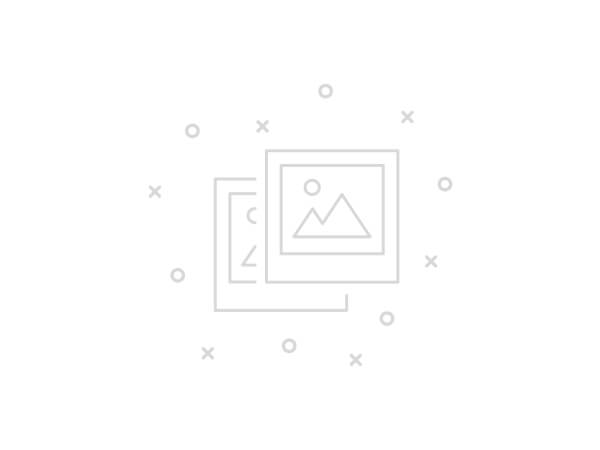For my interviews, I talked to Andrew, an actuary and proud Apple Watch owner, and Justin, a PG&E employee and phablet owner.
Andrew
Andrew told me about his smart watch and said his main observation is that it's much easier to use a watch when you're doing quick tasks like reading texts. Smart watches also are good when your hands are tied up, like when you're washing dishes or vacuuming. He said that input was definitely an issue. Voice works fine, except in contexts where you can't really speak out loud. But he was pretty optimistic that since smart watches are so close to us, they can measure all kinds of things, like heart rate, much better than phones can.
Justin
I talked to Justin for a little bit about what he'd like out of a smart watch. He at first just said it was hard to imagine anything it could do besides tell time, because that's the context he was used to. But the most useful thing he could see a smart watch being used for would be a directions app.
Ideas
- Smart home controller - speak to the watch, turn on/off the lights, check if the doors are locked
- Navigation, even to the sub-street or building level. Tell it where you want to go and it just tells you how to get there, figuring out whether you're in a car, close to public transport, etc. for you
- Health monitor, for those with special conditions. Can tell if elderly have heart attacks, for example
- Calendar app with reminders, events, etc.
- Paying with a smart watch. Just swipe your watch over the reader and pay at grocery stores, restaurants, etc.
- Suggestions on where to eat, based on proximity and knowledge of past places. You don't want to eat at the same place twice in a few days, want something cheap, something fast for lunch
- Input with mind reading :). Or just a projected keyboard. Anything to help supplement voice
- Turning off all (non-urgent) notifications, because sometimes we can feel too connected and just need to focus on something
- Context-awareness in general. Adding the "smart" to smart watches. Knowing where I am and about to do, and helping with that. E.g. I'm walking to my car, so unlock, turn on A/C. I'm leaving my house, lock the door. Since watch is always on us
- Keeping track of activities: how long did I run today? How long did I bike? How long did I work out?
- Recording video could be really useful, very portable
- Playing music, portable DJ
Idea
I went with the navigation idea because I feel like I spend way too long being lost in places and I really feel like the navigation can be smoother from end to end, and from my talk with Justin, other people think so, too.
Prototype
I went through a prototype application with 4 screens. The user can choose a preset location from which they're coming, using an icon, or specify a new one (probably through voice) [Protoype 1]. The app will figure out which form of transportation seems to be most convenient for the user, but they can override the transportation with another screen [Prototype 2].
Once selected, the watch will automatically send the user on their way with traditional Google Maps-like navigation, if the distance and/or form of transportation is appropriate [Prototype 3]. But other types of transportation like public transportation and walking (which the interface would switch to even if the user had driven close enough, for example) would show different information. For example, if you're close to your destination, a Street View-like view is probably best [Prototype 4].
Testing
I took a picture of Daniel, a former Berkeley undergrad, PhD, and post-doc, wearing the "watch." There wasn't much interaction with the watch, which is my ideal interaction, because I told him to assume it got his initial location and preferred method of transportation correct. From there, following the directions was as simple as holding the watch in front of him and letting it guide him.
Insights
- I learned that people have very little faith in technology to predict what we're going to do or want, or at least, Daniel did. He was skeptical that the watch would function so flawlessly.
- The idea of a watch predicting what we'd like is awesome but also a little creepy
- People hate input. Typing, voice, doesn't matter. The less input, the better
- Getting lost isn't a problem only I face
- I was probably even a little ambitious on what the watch screen could contain and what a watch could do
- People love their options. What if I don't want to walk? What if I don't want the "street view?" Accounting for all these details is what makes UX hard



Comments